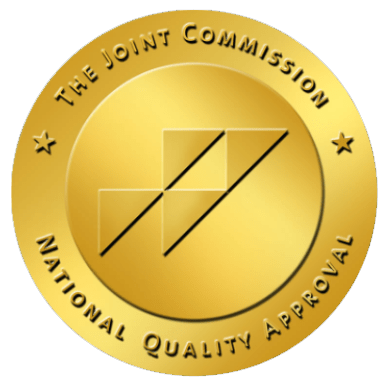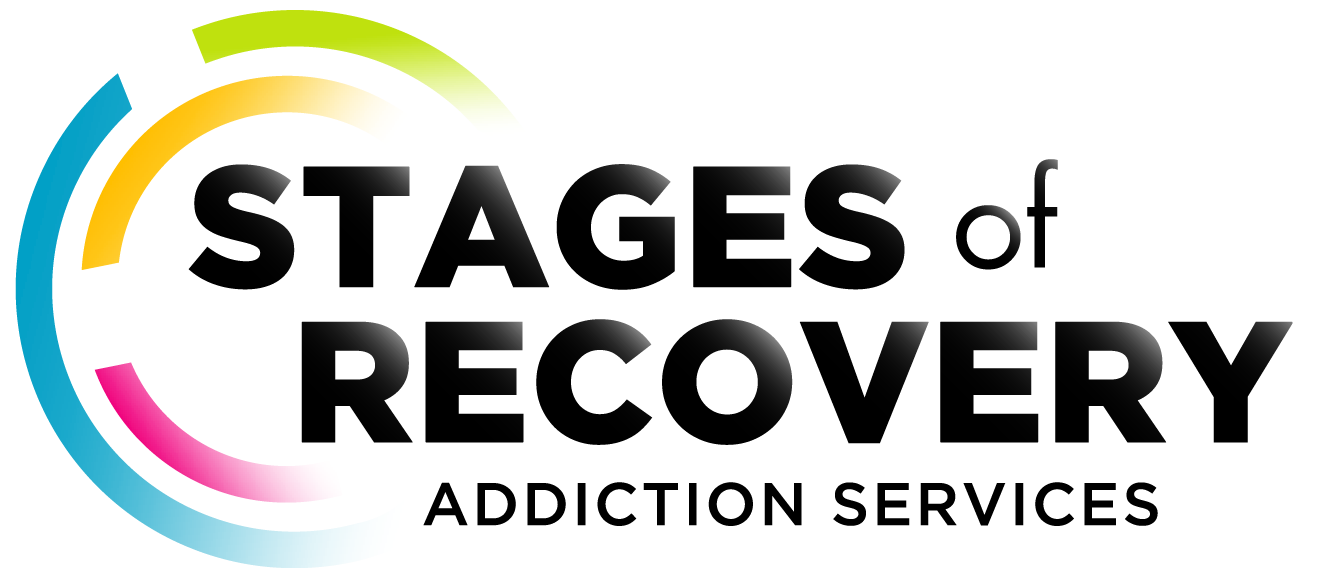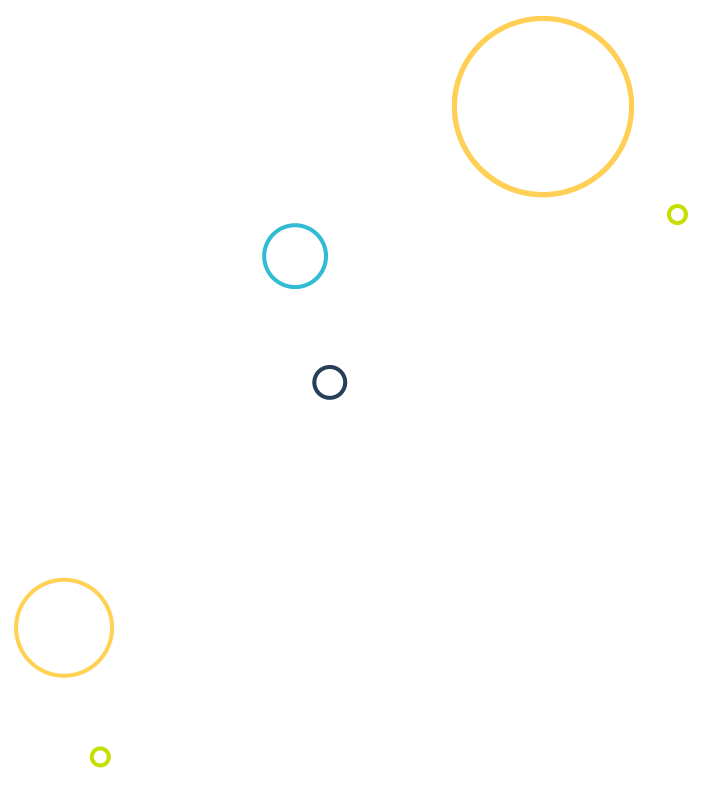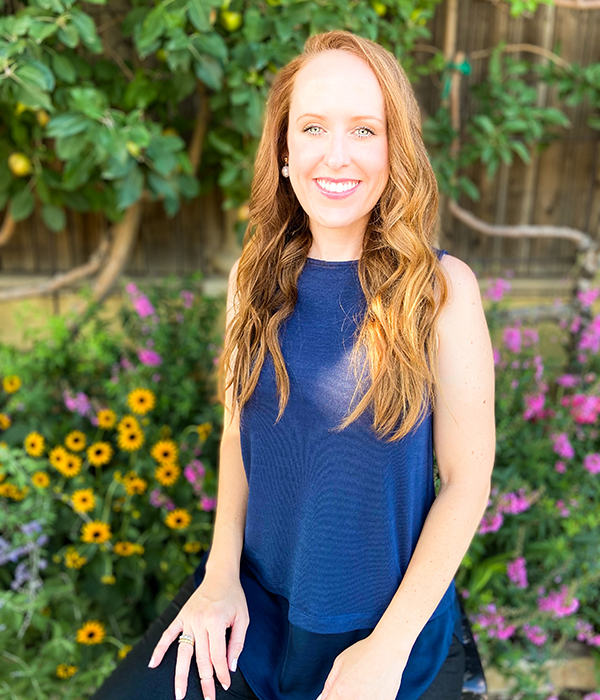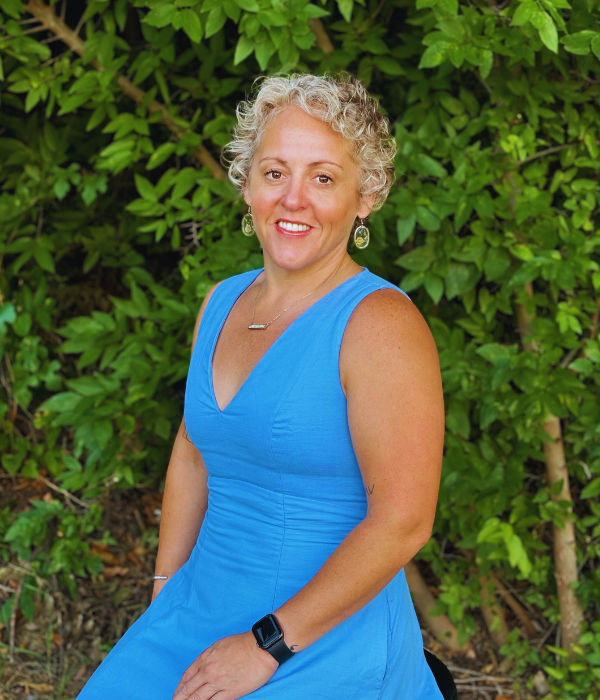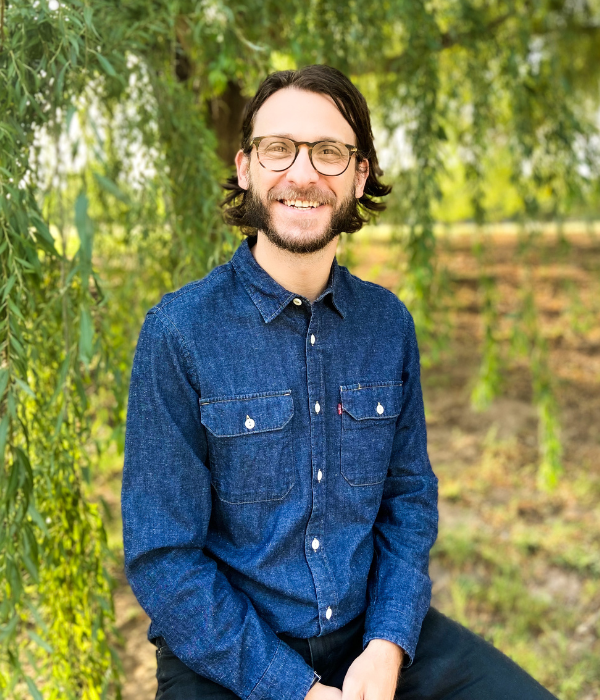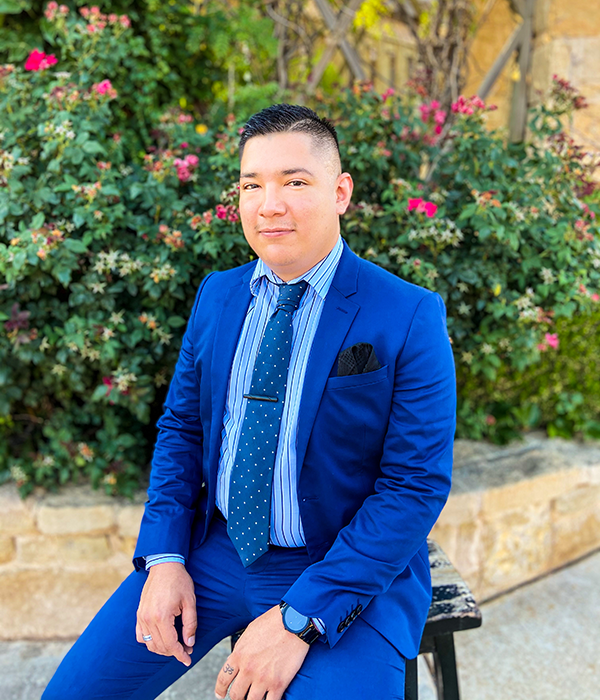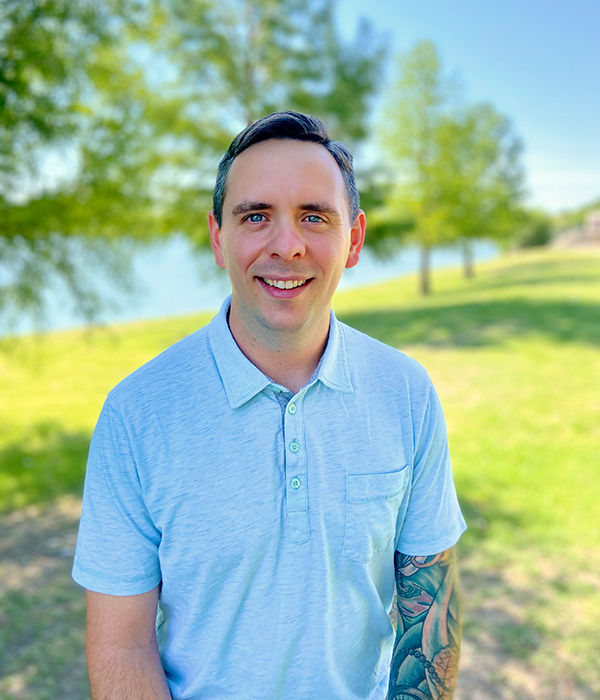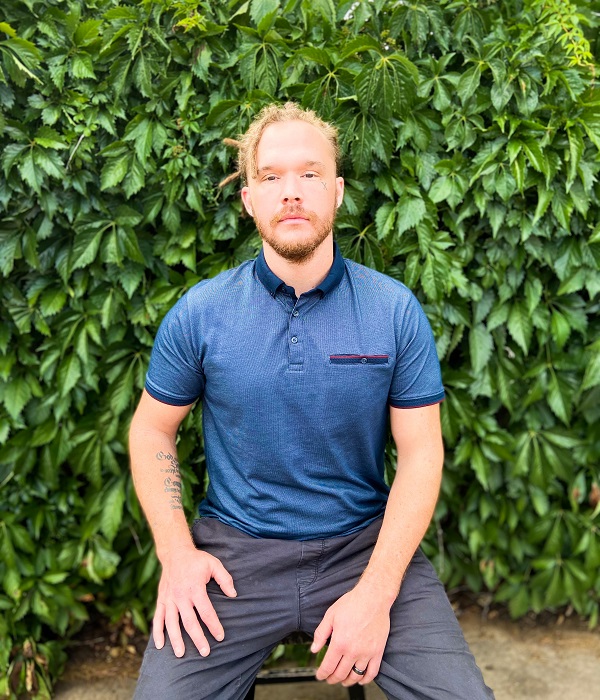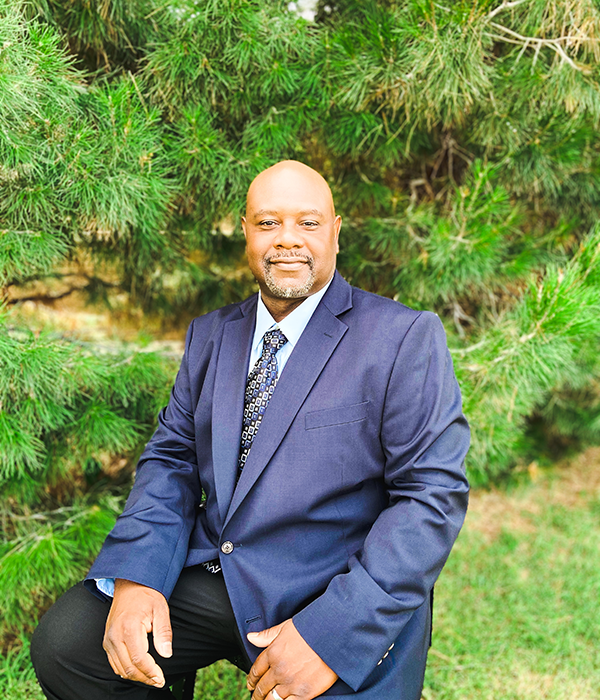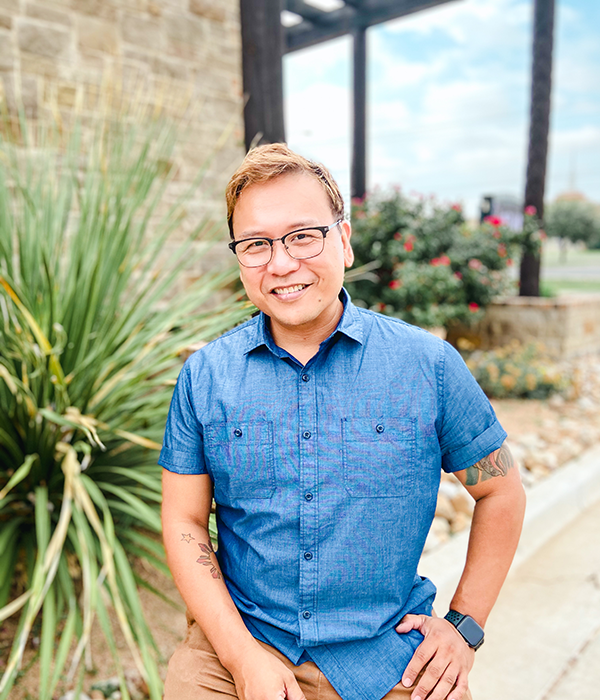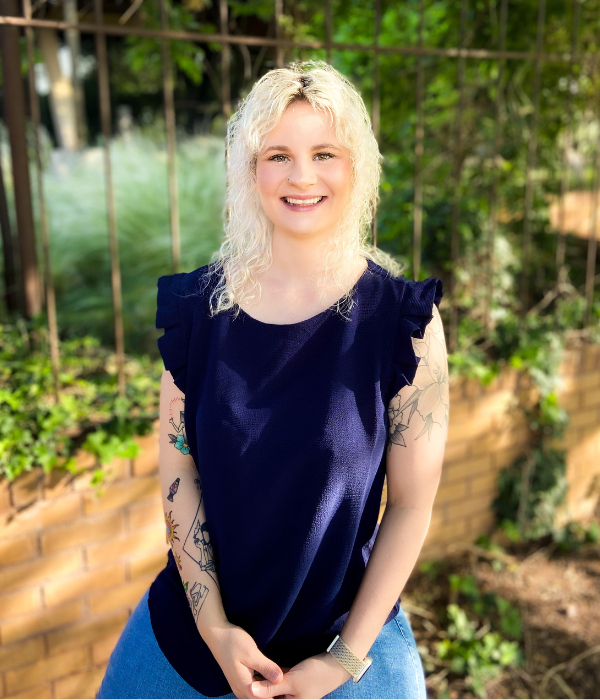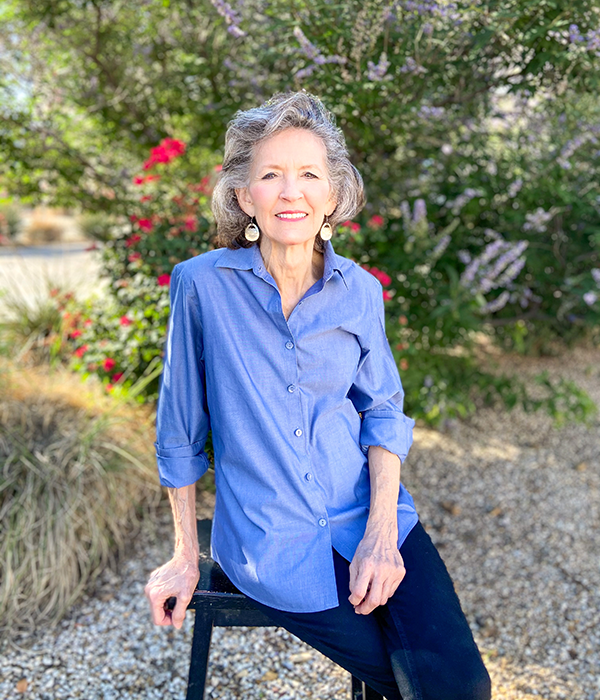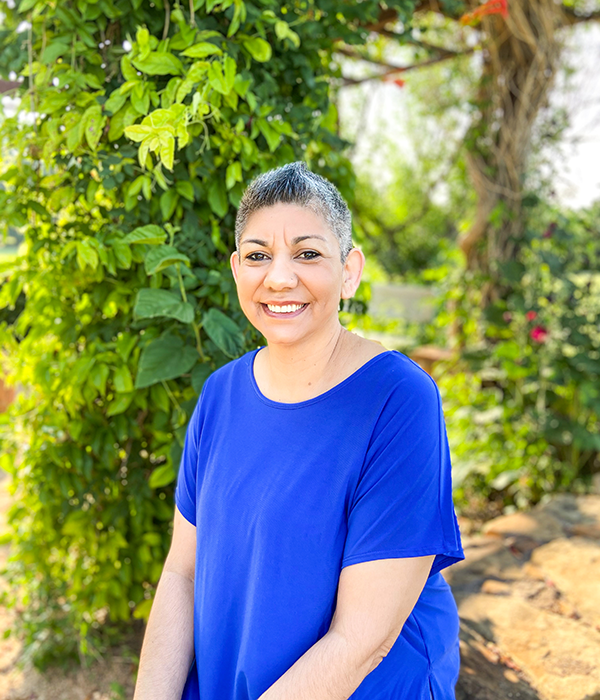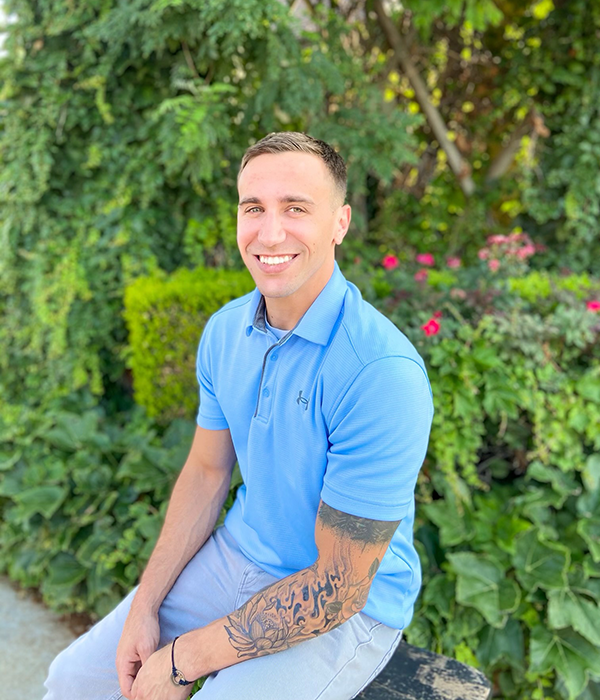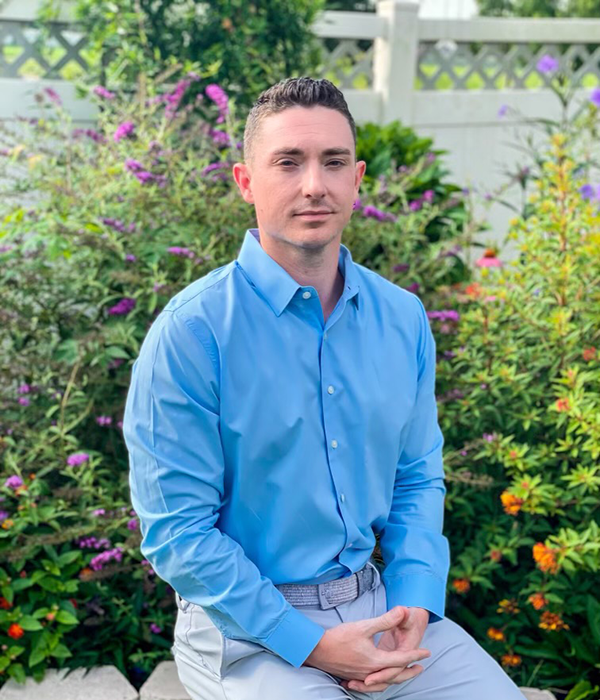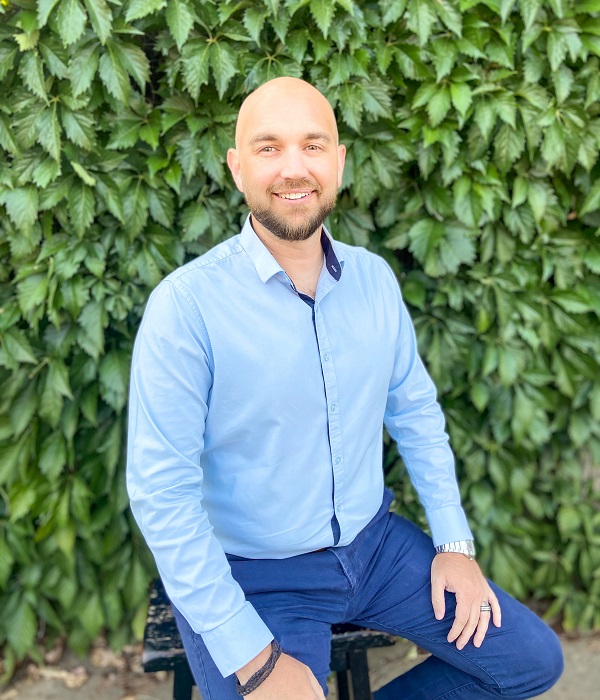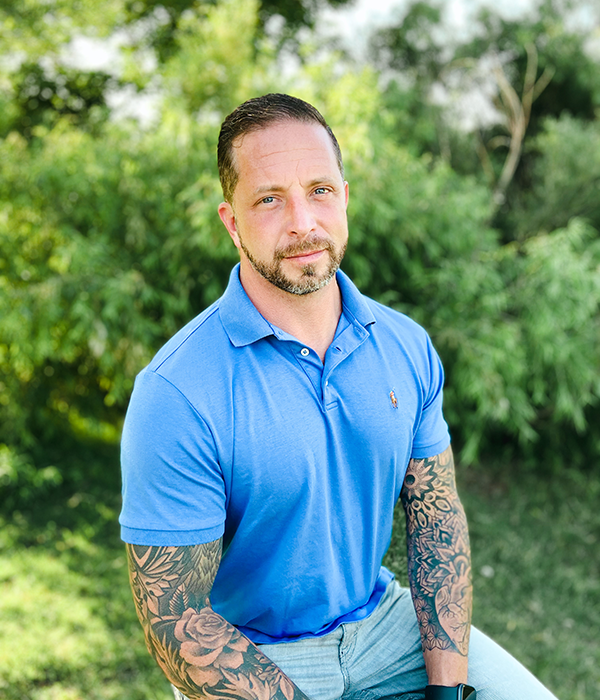February is typically seen as the month of love due to—of course—Valentine’s Day. But not everyone highlights or even recognizes the Hallmark holiday. In fact, many people seem to begrudge it. Even lovers often find it counterproductive in that the hype of the day puts pressure and unreasonable expectations on couples. The latter typically leads to a great deal of disappointment for one or both parties.
Consequently, all too often, couples and singles refuse to make much ado of the day. In fact, various Anti-Valentine’s Day events are often held at venues and private residents in opposition of the holiday. This reality seems unfortunate to some who find the day filled with optimism—an opportunity to spread love and light to others, regardless of relationship status.
For these positive thinkers, the month of February and Valentine’s Day, itself, is not merely confined to romantic love. Friends and family members also become recipients of gifts of endearment and celebrations of love. And, these optimists—who typically shower the world with love every day—usually make it a point to remind others that February 14th shouldn’t be the only day such gifts and celebrations are shared.
Well, we in recovery must take that final notion a step further. It is not merely a love for others that should extend far past the month of February and ideally include all the days of the year. Love for the self must also be a daily priority. In fact, self-love is not only necessary for the purposes of practicing love of others; it is vital to successful recovery. And, quite frankly, it is the lack of it that spurred our active addiction.
Becoming an addict is a holistic process. In other words, our entire being—body, mind and spirit—is involved and affected. The chemical dependency resulting from the changing chemistry in our brains brought about by our use of substances, the toxic thinking, victimization and shame that perpetuates the cycle of pain and our overactive egos which take over the spiritual aspect of our being combine to create the Hell in which we soon find ourselves residing. Yet, the element most lacking from the time we began self-destructing to the day we found ourselves spinning out of control is self-love.
Though love of the self hasn’t been studied and therefore proven to cure the disease of addiction, it certainly forces us to take that first step of admitting we have a problem bigger than ourselves. Of course, some might argue that rock bottom does that. And, yes. It does. But a continued lack of self-love—in this author’s opinion—explains why rock bottom is six feet under for far too many.
If you’re struggling—whether in active addiction or recovery—there is help. There are people who know the pain from experience and they truly want to help. Love yourself enough to get help today. Call our hotline: 1-844-6-GETHELP.
